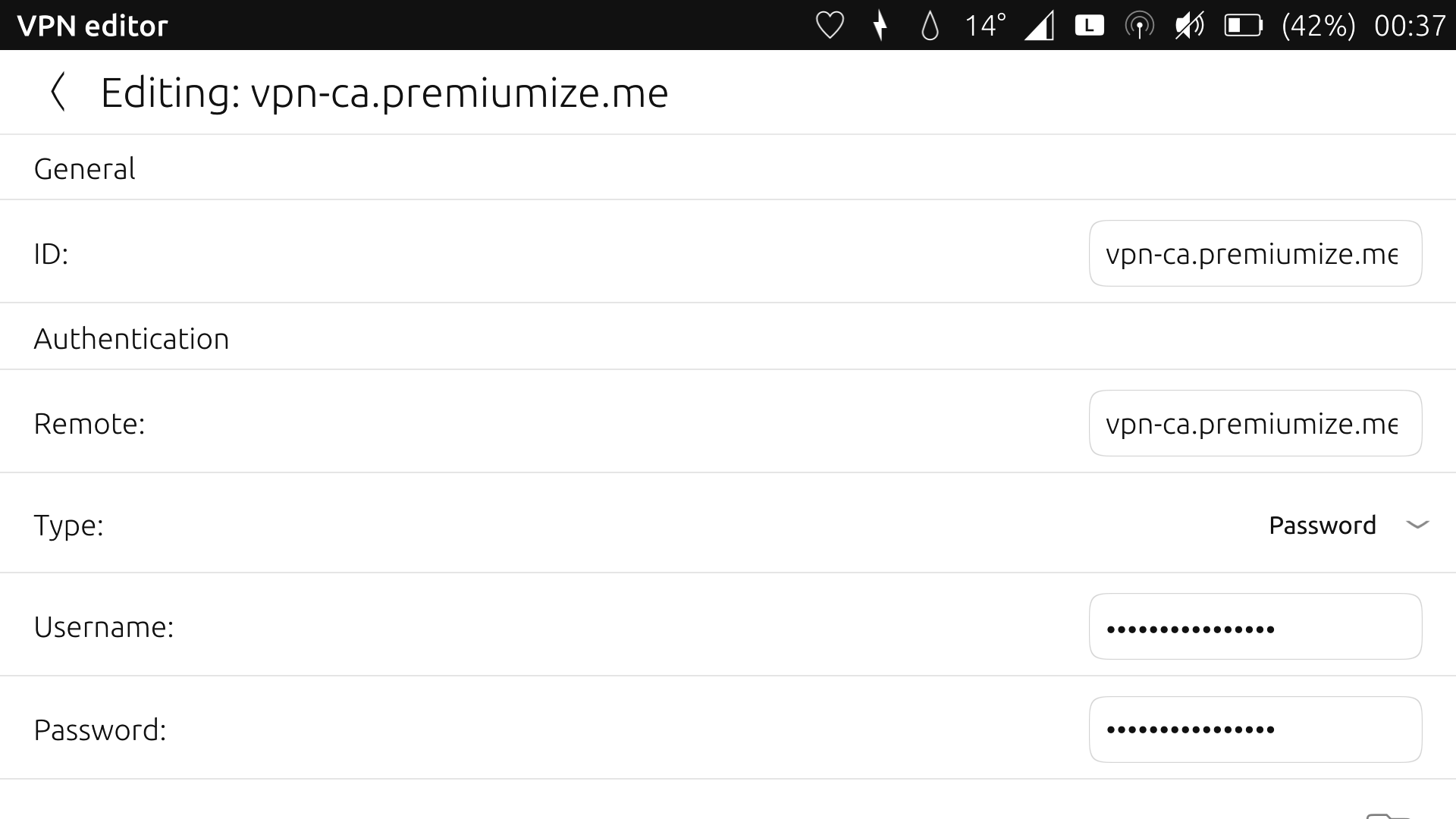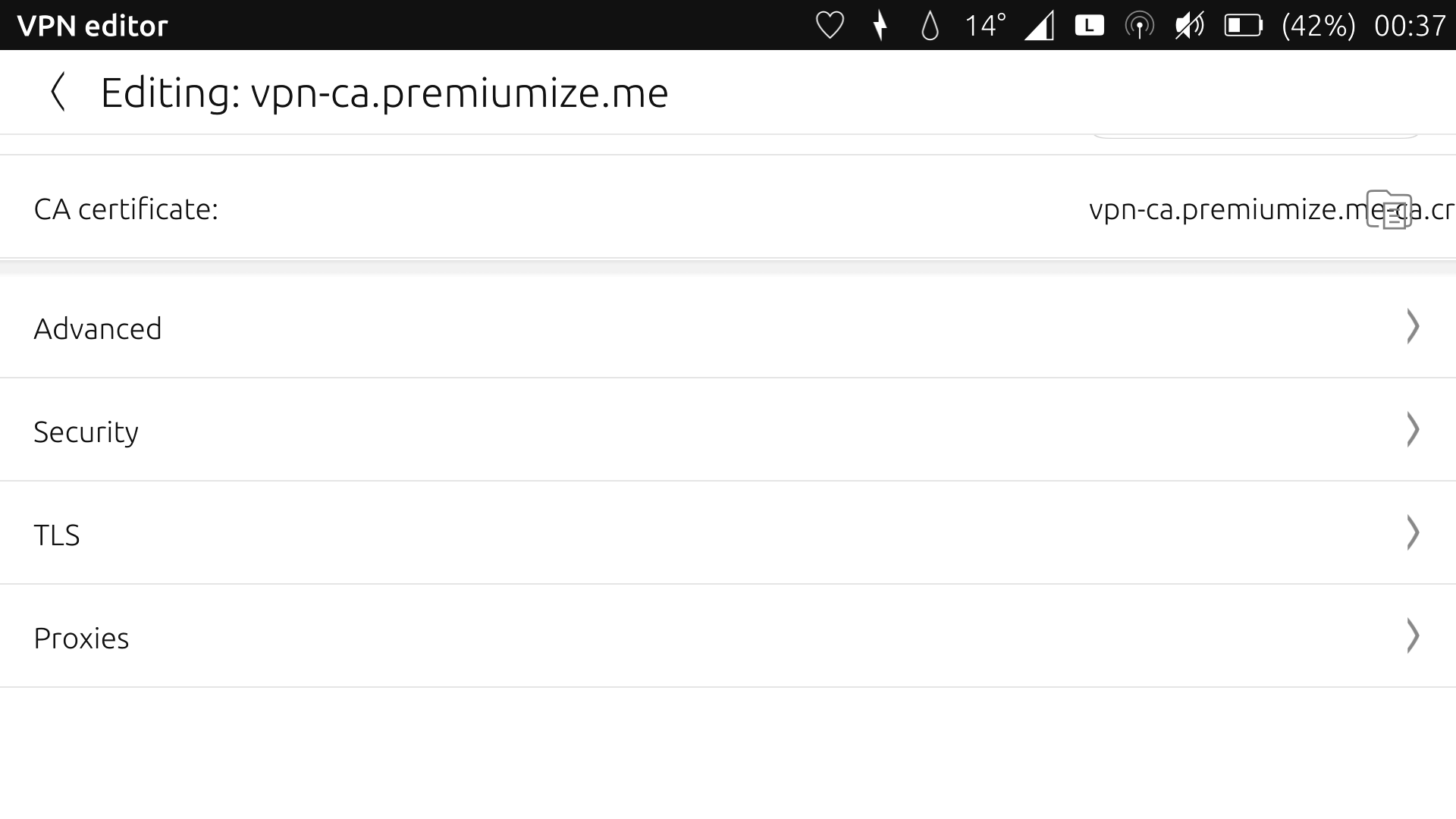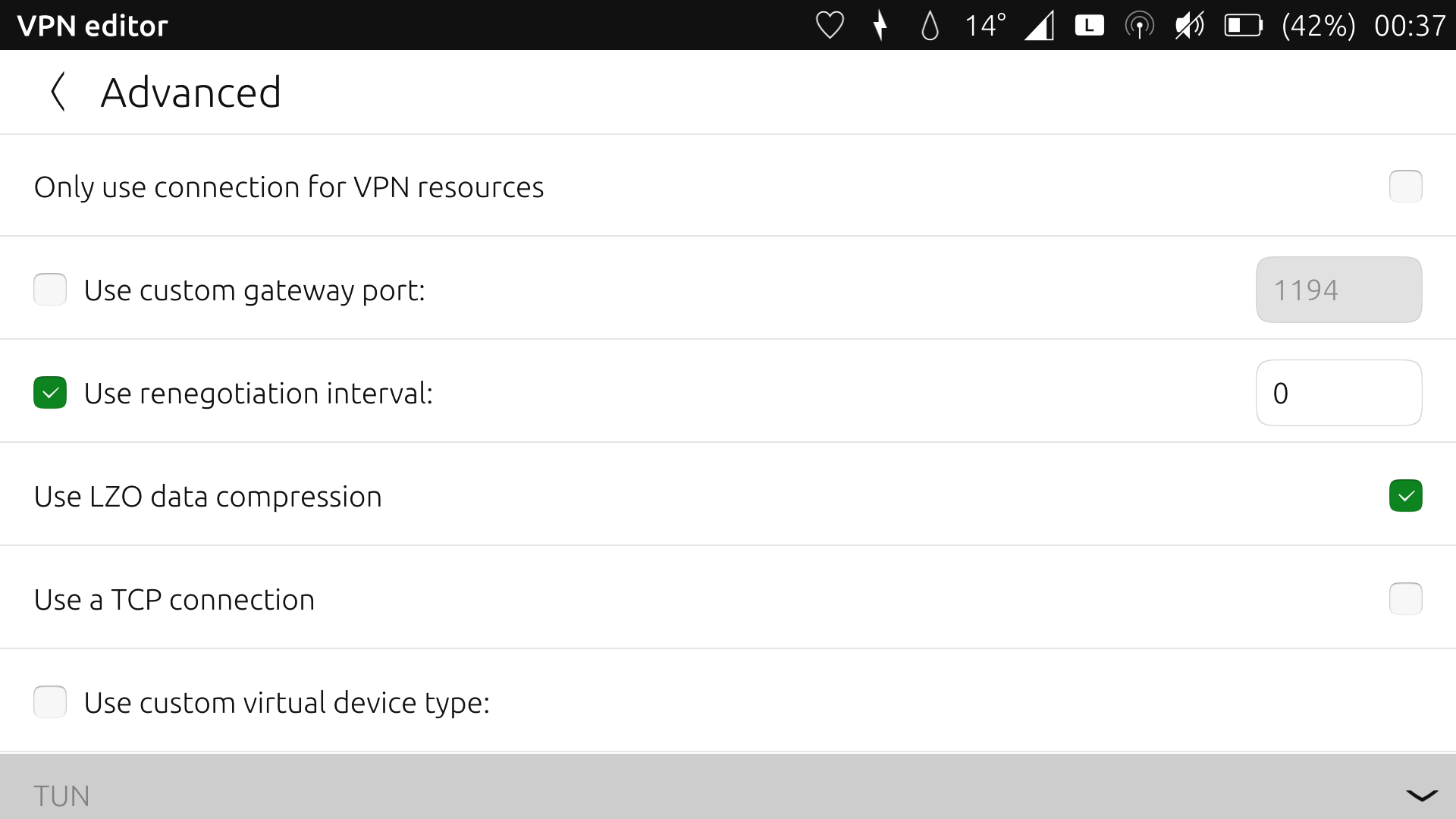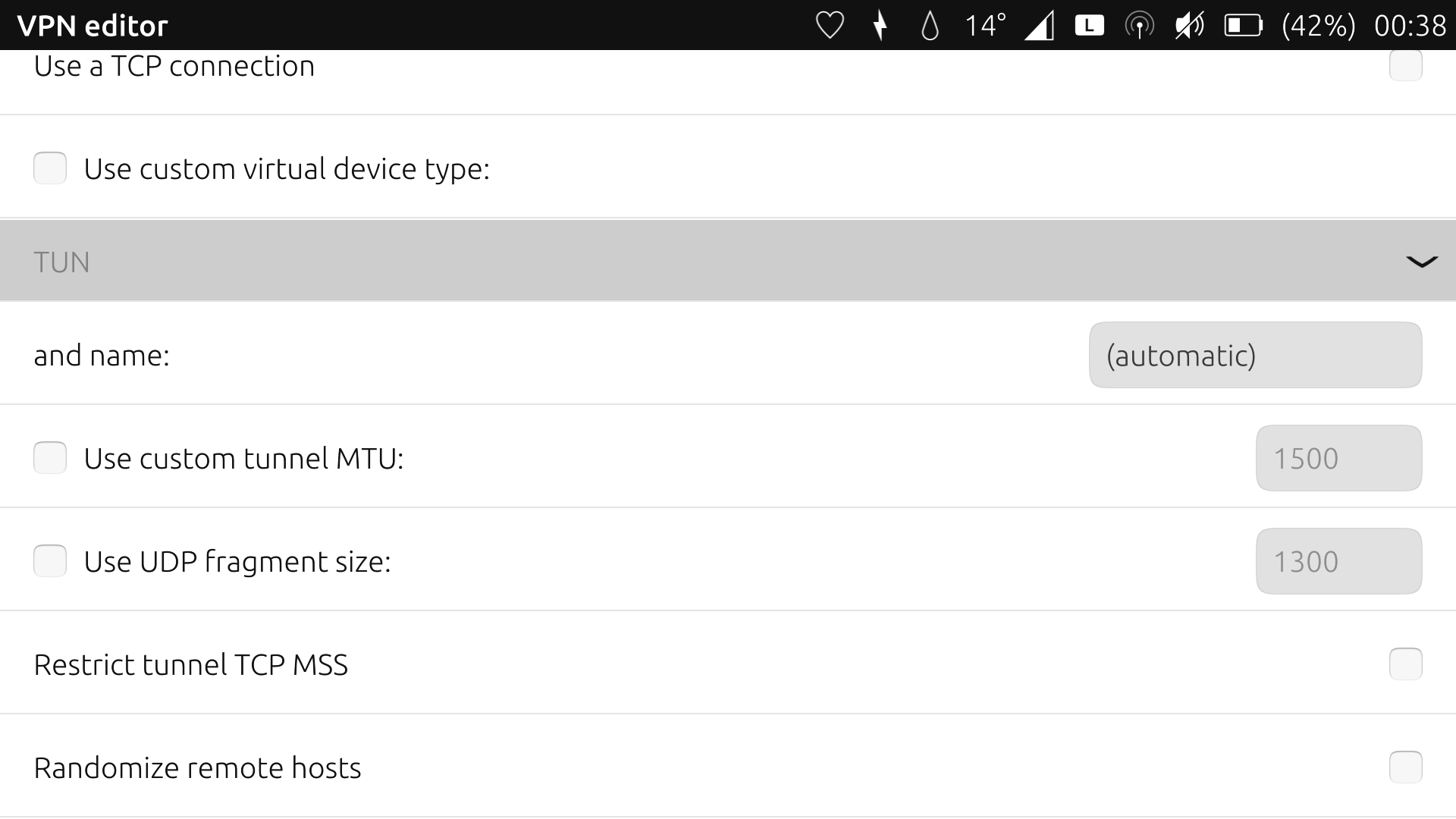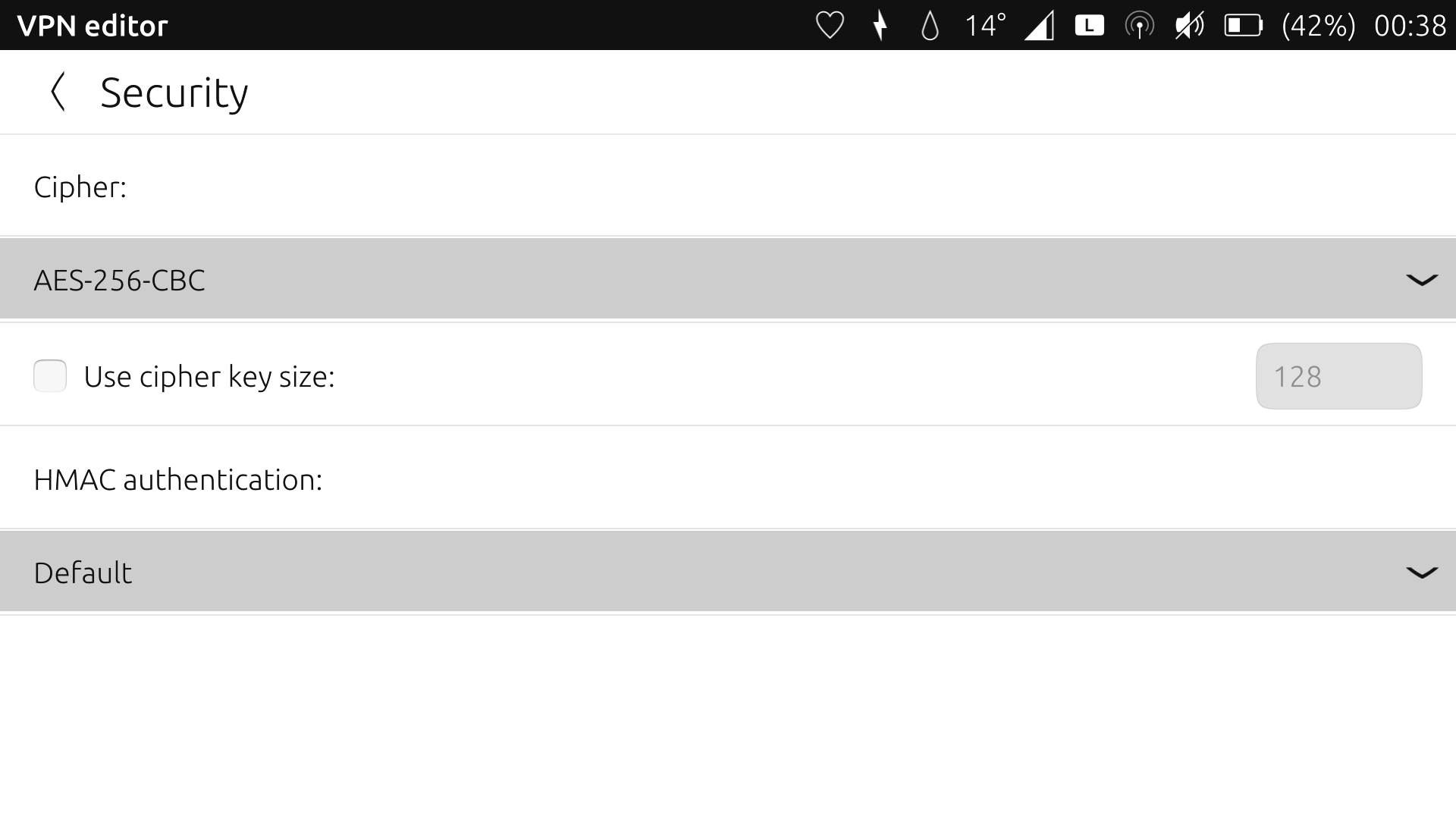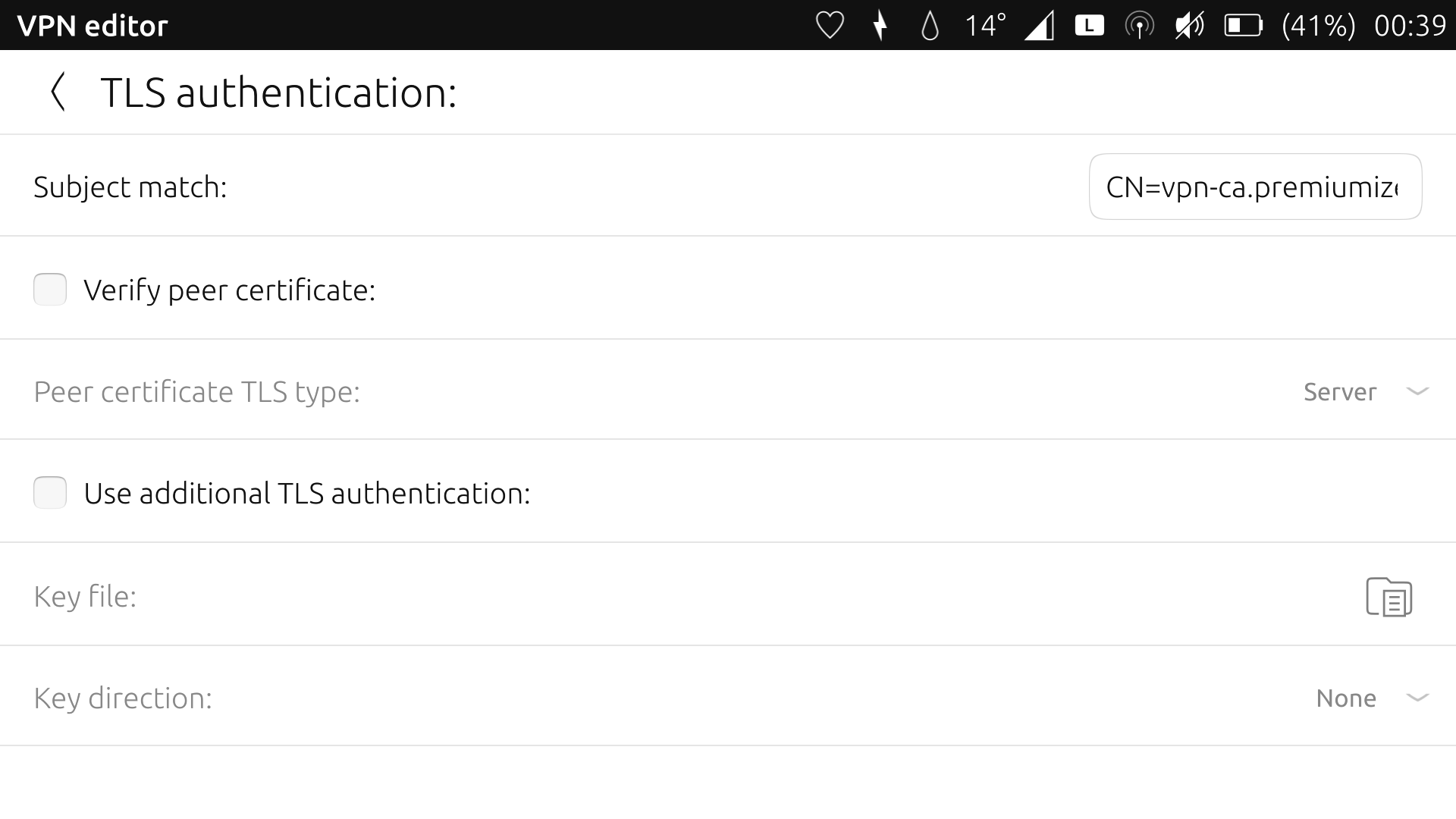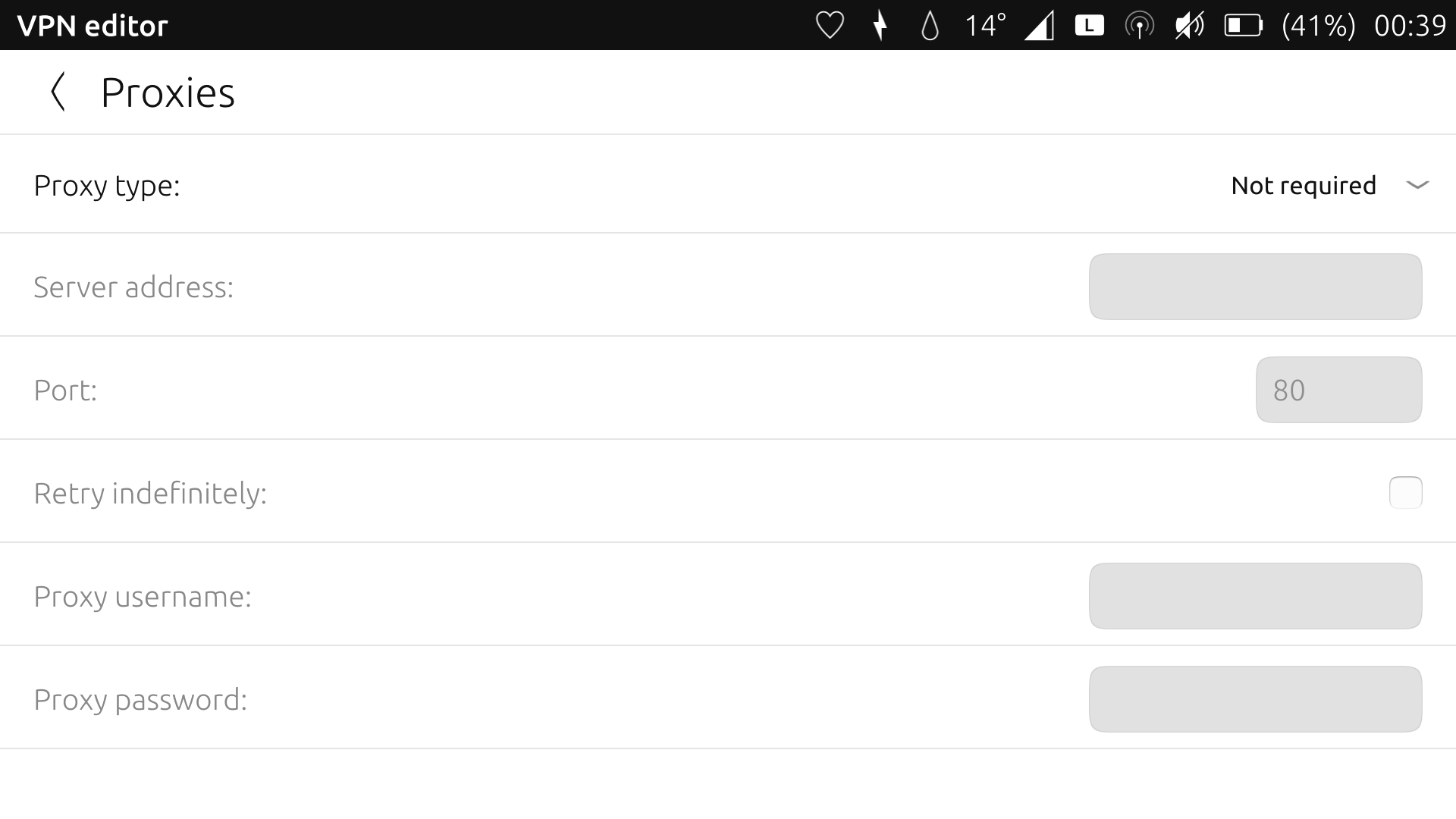TL;DR takeaway: for now, keep your tablets on Vivid for the best Libertine experience (until it becomes usable on more recent versions of Ubuntu Touch), but keep your phones updated to Xenial and primarily use them for mobile apps.
I will preface this post with a series of points which I would argue are very difficult, if impossible, to invalidate. Therefore I hope they can be accepted as consensus, but I am prepared to debate if others have disagreement with any of them, backed up with evidence.
-
Libertine has an important place within Ubuntu Touch and more widely within portable computing. It permits the use of desktop applications on mobile devices which broaden their utility beyond merely mobile apps. Some would argue that a laptop can more capably run any of the desktop apps and even more besides (where Ubuntu Touch may be limited by it's ARM architecture, or lack of packaging such as snaps, or the confinement of the Libertine container, for example), and this is true. However, Ubuntu Touch nevertheless carries the advantages of solid battery life and the ease of charge. Many laptops cannot run for long away from their chargers and a wall socket, even with settings tuned way down. But a Ubuntu Touch tablet has a hefty battery of e.g. 7280 mAh, no fan or hard disk, and efficient power management due to it's ARM CPU. Furthermore, USB slots are becoming increasingly ubiquitous in public transport and places of business (and these can be relied upon without privacy concerns for charging, if the user sheaths their cable in a "USB condom". Ahem... but seriously, that works.), and a USB cable is much smaller in form than a laptop charger. The tablet themselves are also much more compact and lightweight. And a portable USB battery brick or even solar recharging solutions can be used to charge the device for example at a park bench; therefore one can use a tablet for such applications for longer and in more diverse environments than a laptop.
-
Phones are not the optimal use case for Libertine. Yes, users can bring a portable mouse and keyboard, but these may be varyingly clunky, not intended to be carried within pockets like the phone itself, and very few of these have a form factor which fits in flush with the phone and a protective case for it. Even if a user accepts these caveats, they will be left with a screen size which is much too small for a desktop app, unless the phone permits wireless screencasting to a monitor (or, more rarely I think, a wired connection). This would preclude truly on the go use of Libertine, and only a subset of Ubuntu Touch devices do permit screencasting; the MX4 phone for example is excluded.
-
Conversely, tablets are the optimal use case for Libertine. Their screens are sized right, not too far relatively from a laptop screen. Their protective cases often come with a Bluetooth keyboard, and these cases may have stands to prop them up (or else the user can prop them against a vertical surface), approximating the form factor of a laptop whilst adding a touchscreen. The size and touch function together of the screen mean a user may even decide to forgo a mouse, to the extent that the applications they want to use allow an index finger to approximate mouse clicks (and this is an imperfect approximation, but it certainly feels more intuitive than trying to do the same on a phone screen). And as mentioned above, they have strong battery capacities, which always tend to be superior to those of phones. They can even be used with external monitors if this is required, either in a wireless or wired fashion. The strong case for tablets as Libertine devices is reflected in part of UBports' official description of the M10 FHD, "This tablet provides you a great workflow as a portable laptop. Imagine travelling by plane and working on your documents using LibreOffice.". This description is also provided for the M10 HD. I can only presume that the experiences observed on the PineTab and Nexus 7 are similar, or will be at some future date. This is in effect part of a sales pitch by UBports, advocating for the user to acquire a tablet in part because of the superior ability to run desktop apps on them (I'm not saying that UBports will profit from the sale of the devices of course, but you get my essential point here). Note also that the M10 FHD has "promoted device" status, reflecting how much UBports believes in the device as one to highlight for the community.
-
Libertine unfortunately regressed in Ubuntu Touch's jump between Vivid and Xenial, for various reasons. VLC is a strong piece of evidence for this. Before with Vivid, it's menus would layer on top of each other in such a fashion such that Xth menu view would totally obscure X-1th menu's view... which is what you want, because each new menu screen is fully viewable and interactive. Also, you can return to X-1th menu's view by simply closing the Xth, very intuitively. This is completely lost in Xenial, where X will partially obscure X-1, and in so doing X itself will be partially obscured offscreen, with no ability for the user to drag it back into view. This also renders the menu screens partially non-interactive. In short, these windows are not "free-floating". Users can overcome this setback by forgoing the GUI and using CLI config settings, but does everyone want to have to do that? The answer is definitively "no". Such behaviour is also evident in many other programs. Now, let's turn to LibreOffice. All of it's constituent programs "just work" on Vivid, being easily launchable and as responsive as one observes them to be on a desktop or laptop. But not so for Xenial. Logs reveal segmentation faults which prevent some of the constituent programs from launching. Some do launch, and may even allow a sibling to be launched (e.g. launch Writer, then go to File -> New -> Spreadsheet to launch Calc in a roundabout way... maybe, if you're lucky). But different users on different devices have different experiences, with the one constant being that on Xenial, it doesn't "just work" as it did on Vivid. Similar segfaults are observed in other programs, too. Therefore, sadly the sales pitch mentioned in point 3 has been invalidated by the user experience in Xenial, and it will remain invalid unless either users choose not to update or a future update past Xenial corrects for these problems.
With all of those points put together, I would therefore have to advocate that a user considering purchasing a tablet should consciously and deliberately install Vivid for the Libertine experience (and I caveat that this might not even be possible for the PineTab, having likely been developed with Xenial in mind from the outset, and in any event it is currently designated as an experimental device). This would be strengthened if they already have a phone (or a Raspberry Pi, I suppose? Need to think about where this fits into the paradigm) on Xenial, which won't be used for Libertine generally speaking anyway, but more for the mobile apps due to point 2; in this case they would not need an up-to-date experience on the tablet if they consider the desktop apps to be more important for it. They would also then have a small number of pre-installed core mobile apps for the tablet as of Vivid OTA-3, but no OpenStore access, and the legacy browser which in some respects itself saw regressions in the form of Morph browser (but that's a tangent and more relevant for a different line of discussion). They would nevertheless have to be conscious of the fact that the legacy browser is a less security-oriented experience than Morph. Also, the Vivid repositories sadly would not have anywhere near recently updated packages as can be observed in more recent versions of Ubuntu/other Linux distros, but this is another consequence which would have to be accepted. Whether or not the UBports development team and foundation agree with me on this line of advocacy, I hope that the community recognises that this is the most sensible thing for the Libertine experience. I have done this with two M10 tablets (in tandem with more up to date phones) and I have never had reason to doubt my choice in this regard. And I also hope that, recognising these deficiencies observed in Xenial, that the team can target these as they move us toward Focal aka 20.04. It's my understanding that the main thing holding Libertine back is having to move from Xmir to Xwayland. Once that and some other fixes are done, we will hopefully no longer have to use a version of Ubuntu which has been abandoned for over 4 years at the time of writing just to have a usable experience, and have solid and functional desktop app use in a stable release of Ubuntu Touch.
 Two things I'm curious about are:
Two things I'm curious about are: